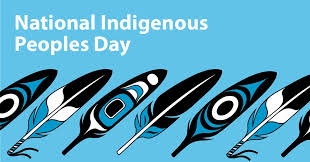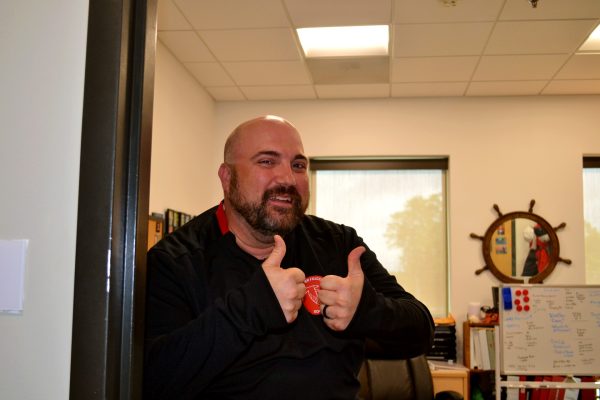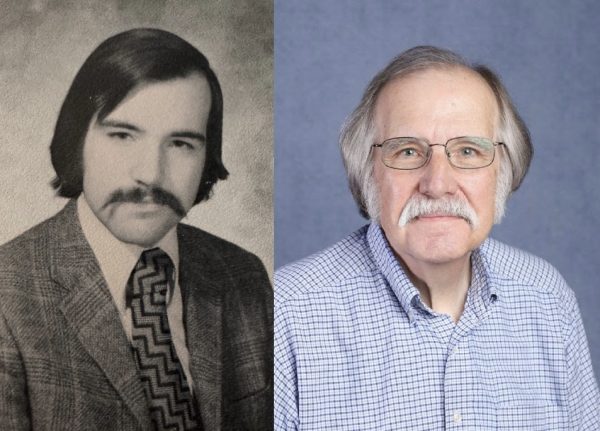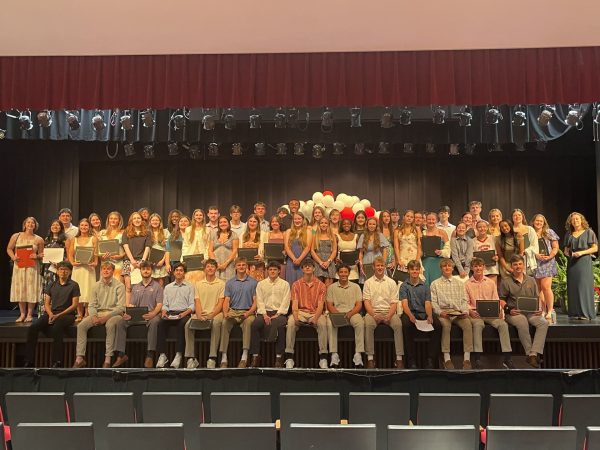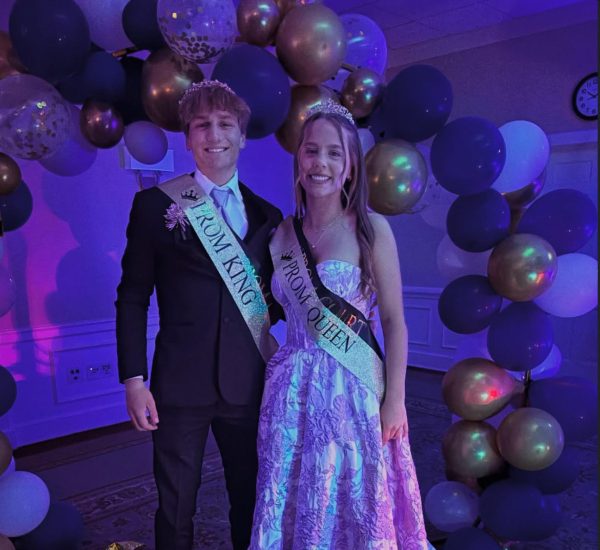Celebrating Indigenous People’s Day
The second Monday of October marks the date of two colliding holidays: Indigenous People’s Day一a day honoring the contributions, history and culture of Native Americans一 and Columbus Day一 a day marking Christopher Columbus’ arrival to San Salvador (now the Bahamas).
Indigenous People’s Day, celebrated since 1982, has been adopted by dozens of cities, several universities and a growing number of states. As of 2020, the holiday is observed by the states of Alabama, Minnesota, Hawaii, Idaho, Alaska, Maine, Louisiana, Oregon, New Mexico, Nevada, Oklahoma, Michigan, Vermont, South Dakota, North Carolina, Iowa and Wisconsin.
Indigenous People’s Day is commonly celebrated with festivals, parades, educational panels and other activities meant to build appreciation for Native Americans and awareness for the suffering the community has faced.
Activists have long argued that holidays, statues and memorials to Columbus defend his actions while giving him credit for “discovering” a place that was already inhabited. “Columbus Day is not just a holiday, it represents the violent history of colonization in the Western hemisphere,” said Leo Killsback, professor of American Indian Studies at Arizona State University.
Columbus Day, which was first celebrated in 1797, and declared a federal holiday in 1971, is intended to honor the “discoverer” of America. Several personal journals and historical documents have brought to light the brutality he committed against the people he encountered including slavery, exploitation and sexual abuse of natives.
Throughout his years in the New World, Columbus enacted policies of forced labor, meaning natives were put to work for profit. Later, Columbus sent thousands of Taino “Indians” from the island of Hispaniola to Spain to be sold, and many died in route. The natives left behind were forced to search for gold in mines and work on plantations. Sixty years after Columbus landed, only a few hundred of what may have been 250,000 Taino were left on the island.
In addition to enslavement and violence, the “Age of Exploration,” that Columbus helped contribute to, led to the spread of new diseases to America which, over time, devastated the indigenous populations of New World islands and communities.
Anthony Tamez-Pochel, co-president of Chi-Nations Youth Council says, “For us to celebrate a man who’s done these horrible atrocities against indigenous people, to me, it’s a slap in the face. I understand where the Italian-American community is coming from, it gives them a chance to celebrate their heritage, but at the expense of another’s culture.”
Thanks for reading The Falconer. We're happy to provide you with award-winning student journalism since 1963, free from bias, conflicts of interest, and paywalls. We're able to continue with the generous support of our local community. If you're able, please consider making a donation. Any amount is incredibly helpful and allows us to pursue new and exciting opportunities.
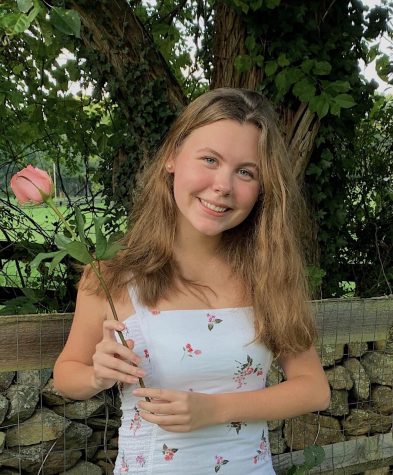
Hey! My name is Margaret McGee, and I’m a junior. I am the Features Editor for the Falconer. This will be my second year writing for the Falconer. I...

